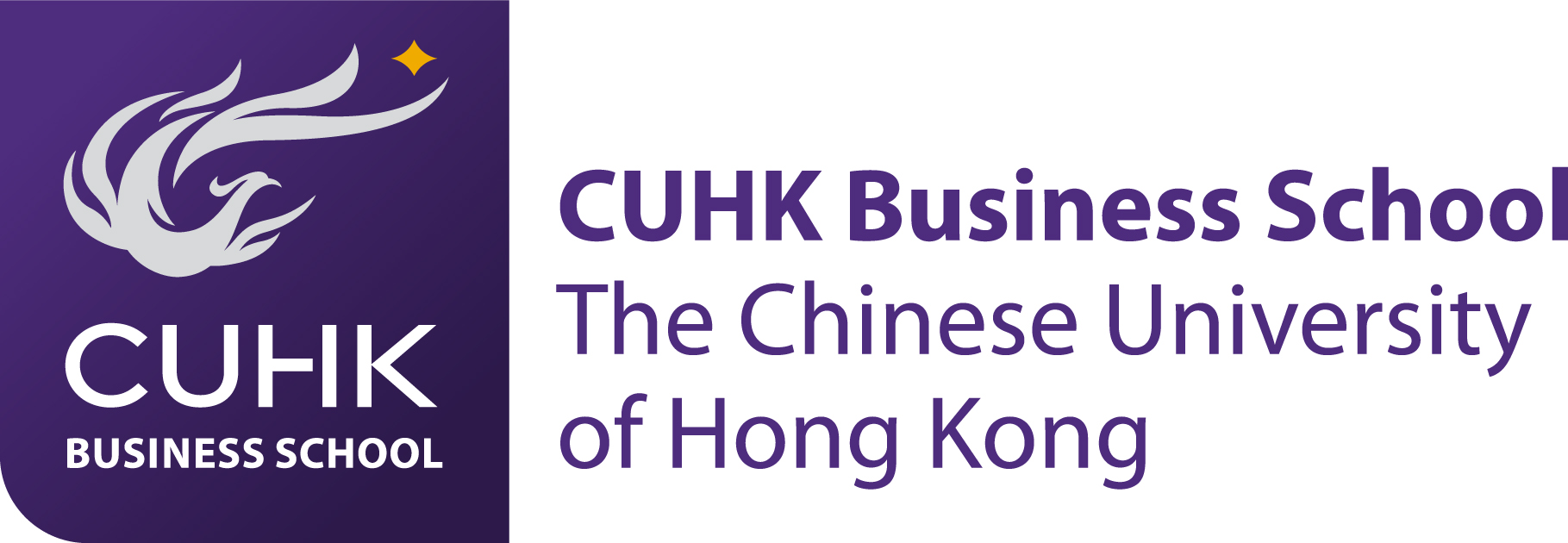The question is, where in the world should aspiring consultants go?

If you ask Wenbin 'Chris' Li, a recent graduate of the Master’s in Management (MiM) program at CUHK Business School in Hong Kong, the answer is unequivocally ‘Asia’.
Chris got his start in consulting during an internship with digital transformation specialists Protiviti on his MiM, and will start as a full-time consultant at the firm after his graduation.
Find out what Chris has to say about consulting in Asia.
Why did you decide to do the Master’s program at CUHK?
There are three reasons why I chose to do CUHK’s MiM program.
Firstly, the city. Hong Kong has always been the bridge between the East and West—this has created a [unique] culture and business environment. I thought that studying in Hong Kong would be a good opportunity to keep up this momentum and build on our region together.
Secondly, CUHK Business School has a good reputation in the area of business education. It was the first business school in Asia to offer MBA and BBA courses!
[As for] the MiM program itself, what makes it special is its capstone course, and its strong relationship with the MBA program.
The capstone course is a 2-week overseas experiential learning course consisting of the experience of working on a consulting project, along with visits to reputable companies to understand their operations.
We had the valuable opportunity to integrate the theories we learned in our courses with practice by working as real-life consultants in emerging markets, while the closeness with the MBA program helped us to enjoy similar results to MBA students, and gave us the opportunity to interact with and learn from them.
What made you want to work in consulting?
I was attracted to consulting for a few reasons.
Firstly, the steep learning curve. So far, I have worked on two consulting projects and both of them were very different—I have to work continuously to keep up with my colleagues, which will be useful for my overall career development.
Another reason was the communication skills I’d learn.
As a consultant, sometimes I have to understand what my clients really want to express—we have to cooperate not only with our colleagues, but also the clients to find a better solution. That relies on skilful communication! Communicating with people from diverse backgrounds in the MiM Program helped me greatly with this.
[Finally], the flexible workplace was attractive to me because I love traveling. Working at a different office week to week is exciting! Working on the consulting project on the capstone course gave me a taste of what it is like being a consultant and definitely made me surer of my career path.
What’s the most challenging thing about your current role?
Working in a consulting firm is filled with uncertainty and change.
The most challenging thing about working in consulting is embracing this uncertainty. I think consultants should have resilience—the ability to jump from one point to another, keeping moving.
If a consultant has that ability, he or she can switch from one project to another smoothly!
What was the most useful thing you learned during the MiM?
What benefited me most was the critical thinking abilities I learned at CUHK, which in turn led to great improvement in my problem-solving and decision-making abilities.
Consultants need to think clearly and critically to solve problems effectively. We also need to be aware of our blind spots and biases to make informed and balanced decisions. This is hard but very important.
The MiM program really exposed us to the many mental models we need to draw upon [to do this,] as well as the principles to consider when solving complex problems. This was accomplished through its cutting-edge courses, which provided us with ample opportunities to identify problems and construct solutions.
Every step of the way, we needed to find objective supporting materials—statistics, benchmarks—and to connect all the different points together based on our own judgment, instinct, or inference. It helped us learn to find solutions in the real workplace.
The ability to analyze, solve problems and make decisions is so important to my job, I am grateful to have been able to hone my decision-making skills in the MiM program.
Would you recommend to others that they go into consulting in Asia? Why?
If you’re a business student in Europe or in America, and you’ve considered being a consultant after business school, you should definitely consider coming to Asia.
This is for two reasons. Firstly, the potential in Asia as an emerging market is huge. More and more startups are established here every year, and many enterprises are growing bigger and bigger—the market potential for consulting is growing continuously.
In the meantime, if you have a closer look at the enterprises already operating in the emerging market, many of them just focus on pure gross, revenue, or profit, instead of focusing on more important things like CSR, marketing, efficiency, or organization.
Compared to Europe or America, enterprises in Asia need professional consulting services [to help them develop these areas]—that means there are more opportunities for consultants here!








